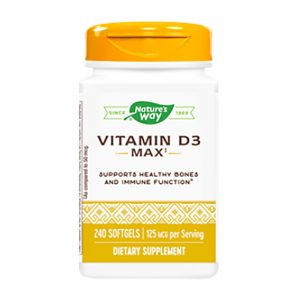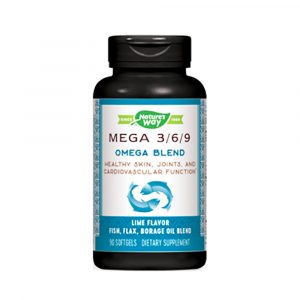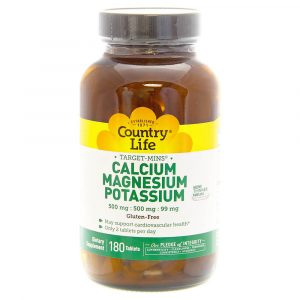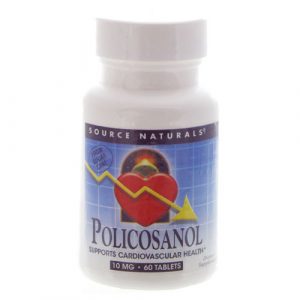Description
Powerful Antioxidant Has Many Benefits
The term Vitamin E is a collective term for eight related nutrients: four tocopherols and four tocotrienols. Both forms are virtually identical molecularly, but the antioxidant activities differ. Although d-alpha-tocopherol is the most active and most studied form, they all play important roles in our physiology supporting heart health, tissue repair and normal blood clotting. Nearly all tissues use it with most of it stored in muscles and fat, but the highest concentration is in the pituitary and adrenal glands and the testes. Vitamin E prevents the oxidation of fats.
Vitamin E can reduce the risk of atherosclerosis and heart disease in several ways. Research has shown that 600 IU of Vitamin E daily helps to soothe intermittent claudication by the same mechanism as drugs but without the side effects. It also helps to decrease inflammation in arteries and strengthens capillary walls. Vitamin E is involved in the metabolism of fats in arterial walls and may protect arteries from damage caused by LDL oxidation. It also increases beneficial HDL cholesterol when levels are low. In addition, it also lowers the tendency for platelet aggregation in women taking oral contraceptives and reduces the risk of stroke.
Vitamin E is useful for the prevention of age-related degenerative diseases due to its antioxidant activity. It prolongs the useful life of cells. Its reputation for improving sex life is based on studies that showed deficiency leads to testicular degeneration and sterility in animals.
Vitamin E also has immune benefits. It enhances resistance to bacterial infections and disease; increases potency of immune reactions; helps white blood cells engulf and destroy pathogens and protects white blood cells from free radical damage. Vitamin E may suppress blood supply that feeds tumors and reduce the side effects, but not the effectiveness, of chemotherapy drugs.
It can also be useful for people with breast implants, PMS and fibrocystic breast disease. It can also benefit people with lipofuscin (age spots) and atopic dermatitis. And it can help to reduce mental decline and the risk of some neurological disorders.
Vitamin E enters fatty tissues and cell membranes where it helps protect those tissues from free radical attack. Low levels of Vitamin E allow toxins to collect in the cells and alter their function. Deficiency can lead to damaged red blood cells and nerves and infertility in both men and women. In addition, this antioxidant wonder helps protect the body (especially the lungs) from pollutants like mercury, lead, benzene and other toxins and from carcinogens. It slows the formation of carcinogenic nitrosamines from exposure to cigarette smoke and air pollution and which may form in the digestive tract after eating food preserved with nitrates and nitrites.
Research at Beth Israel Hospital in Maryland showed that Vitamin E is effective for relief of PMS and helps lessen fibrocystic breast disease. It may also offer relief from menopausal hot flashes, vaginitis and excessive bleeding in women with IUDs. Vitamin E may help to regulate estrogen levels and effects of menopause by affecting prostaglandins.
Vitamin E is synergistic with selenium and protects Vitamins A and C from oxidation. It also increases superoxide dismutase, a powerful antioxidant enzyme. Vitamin E, in combination with Vitamin C and beta-carotene, helps protect the eyes from cataracts and decreases vision loss.
The d-form of Vitamin E is the only form found in nature and it has greater bioactivity leading to greater health benefits. Natural d-alpha Vitamin E comes with the beta, delta and gamma forms that are less active but still useful for specific purposes. Nature's Life uses 100% natural d-alpha tocopherol with beta, delta and gamma tocopherols intact.
Warnings:
- If you are taking anticoagulant medications, have diabetes, rheumatic heart disease, overactive thyroid or high blood pressure, consult with your healthcare practitioner before taking this or any other supplements.
- Although Vitamin E has low toxicity, amounts greater than 1,200 IU may lead to adverse side effects like nausea and greater than 2,000 IU daily may suppress immune function.




